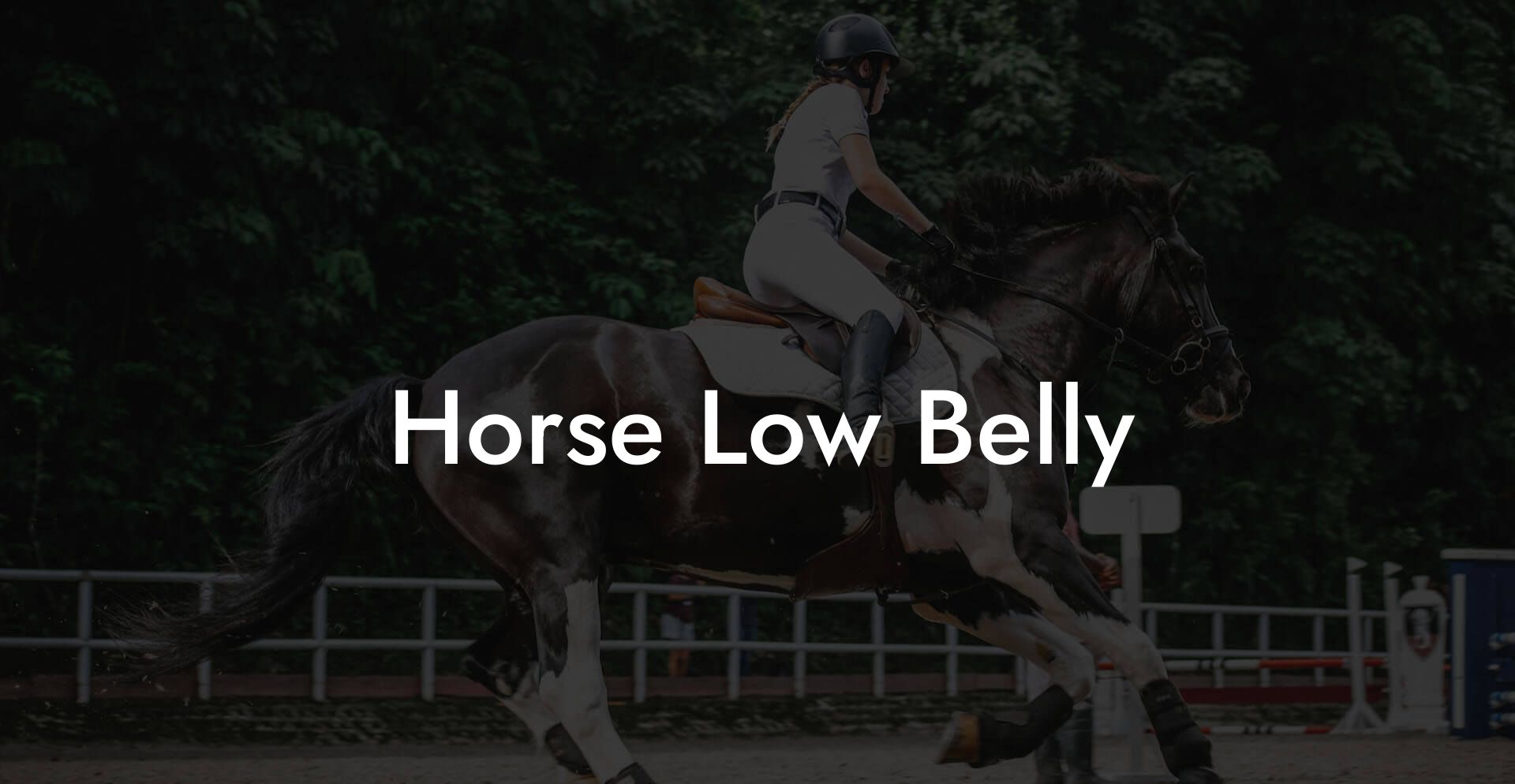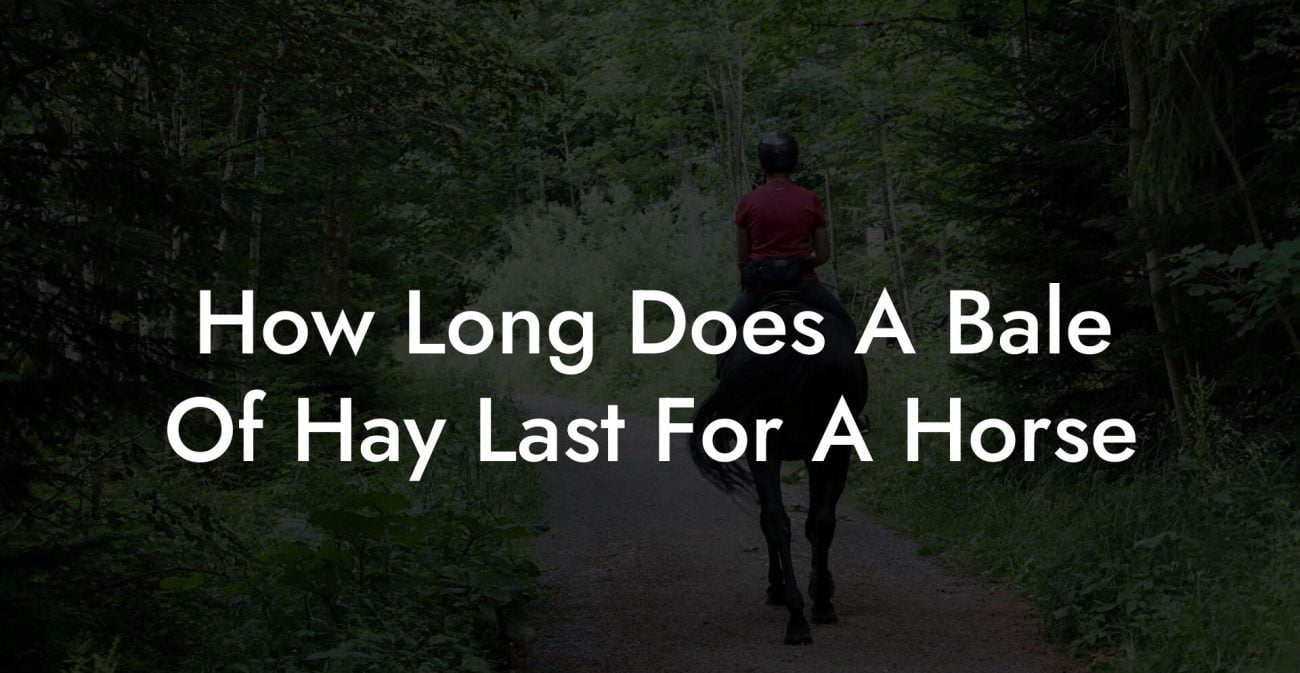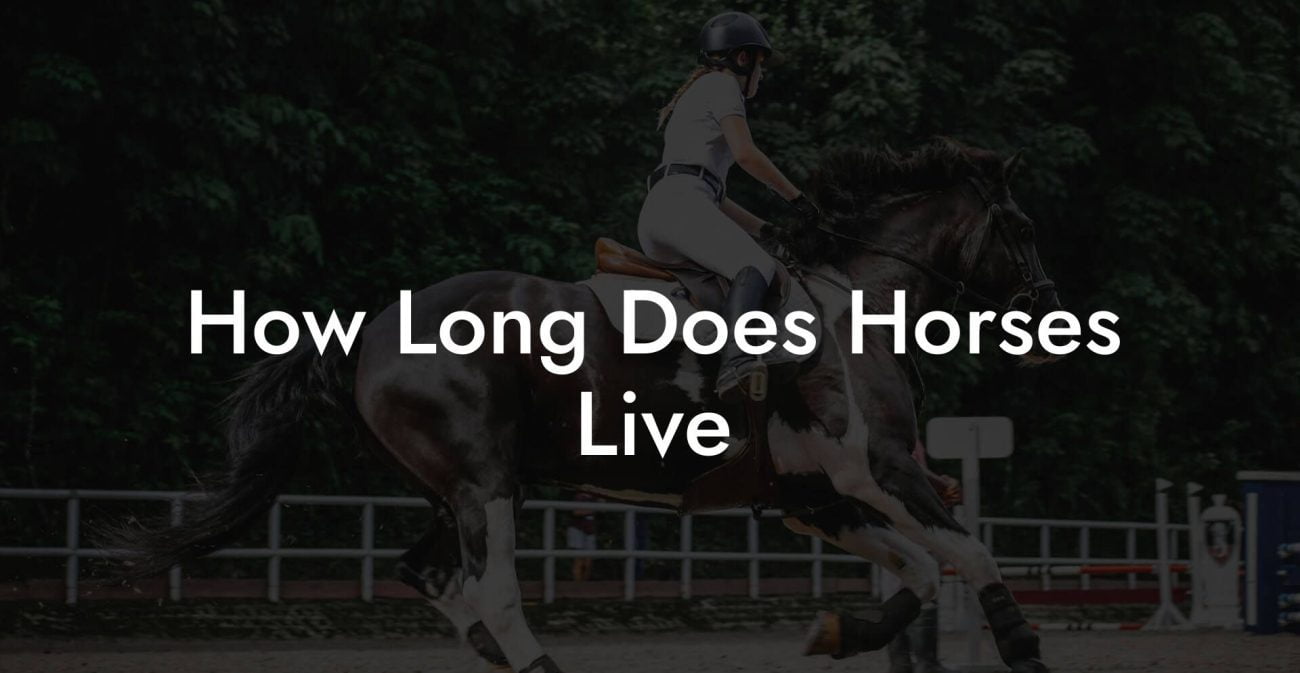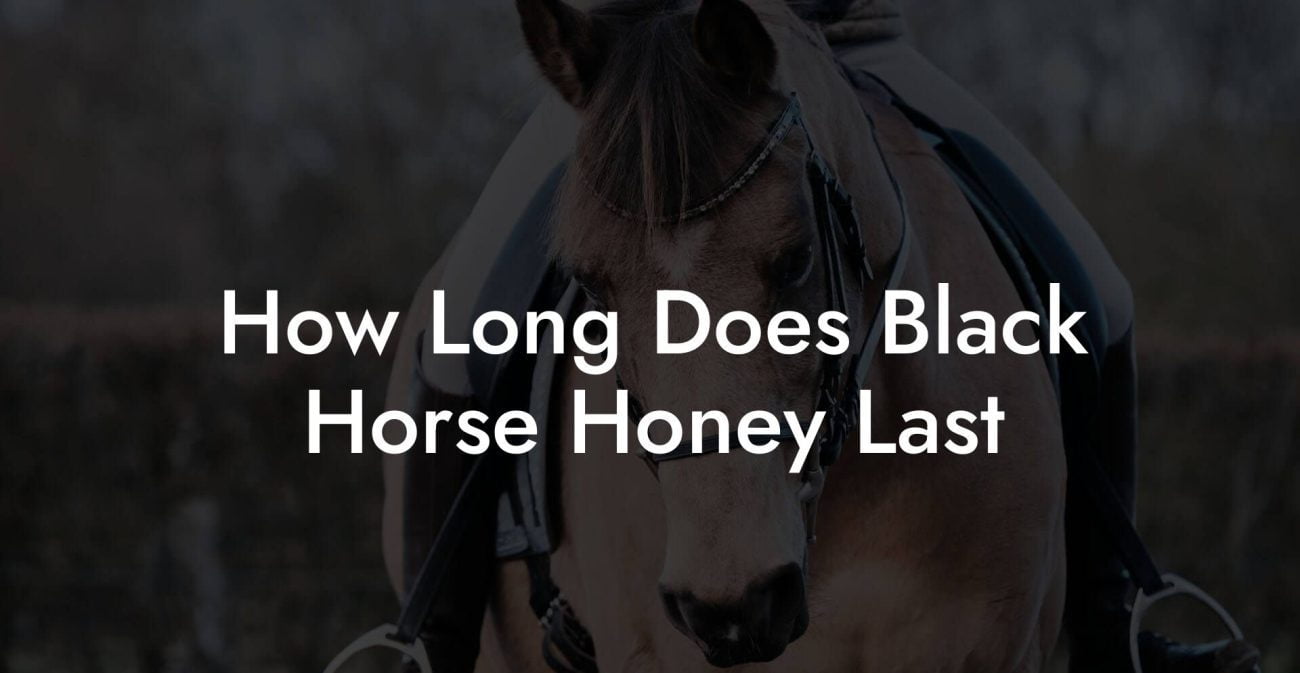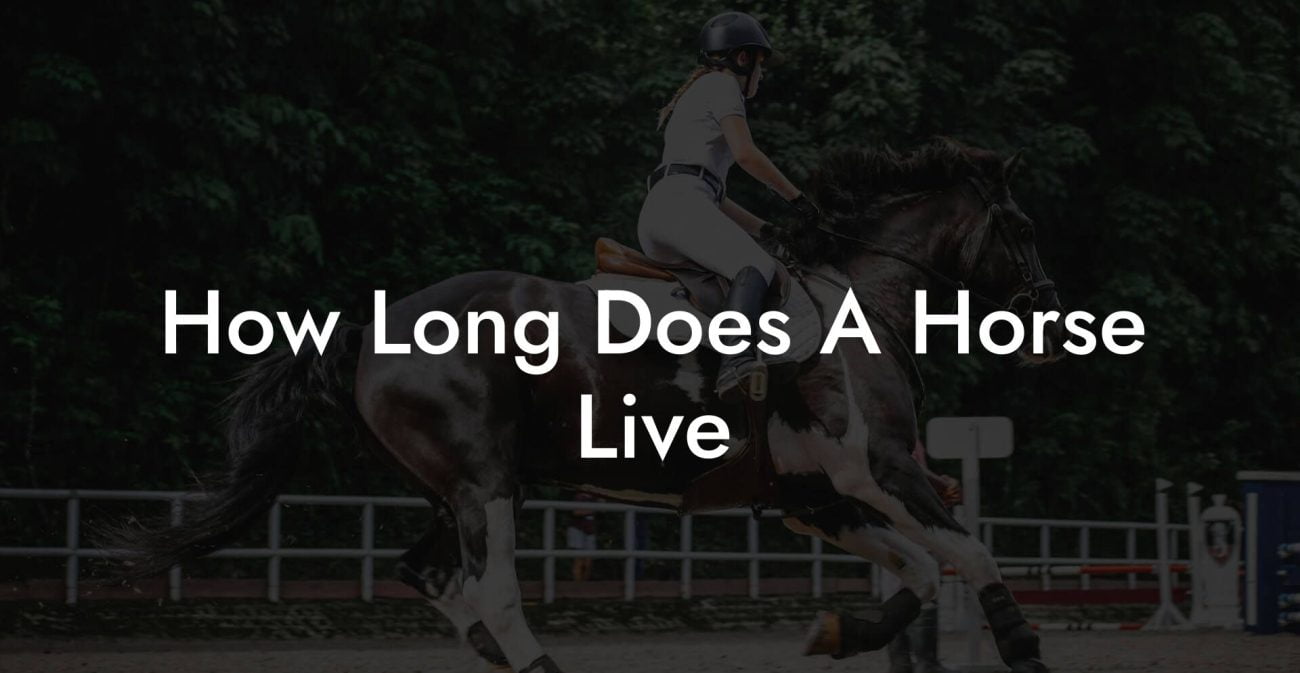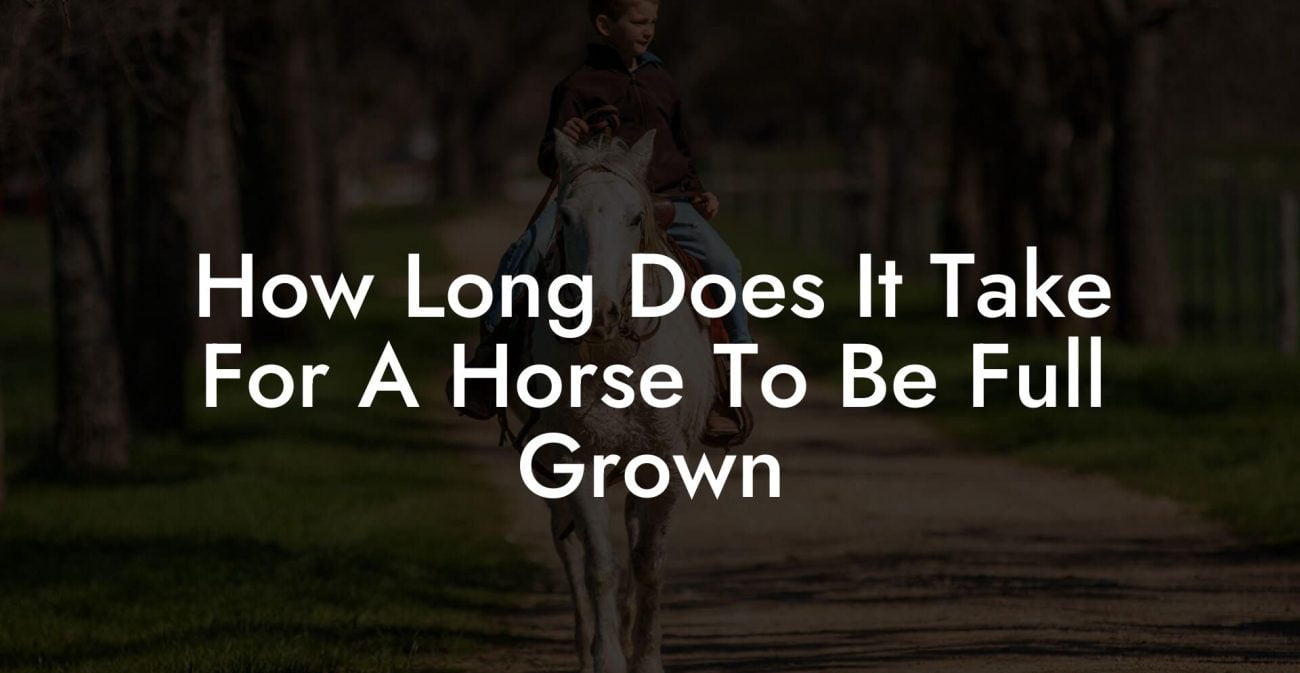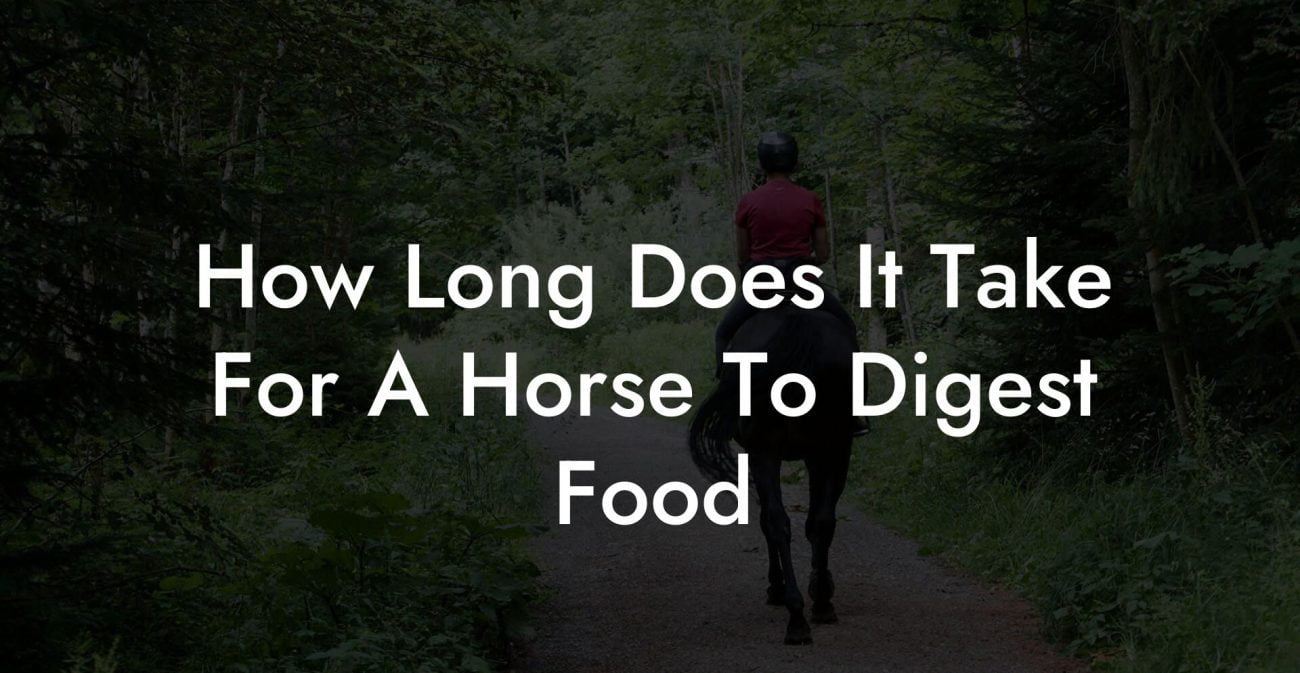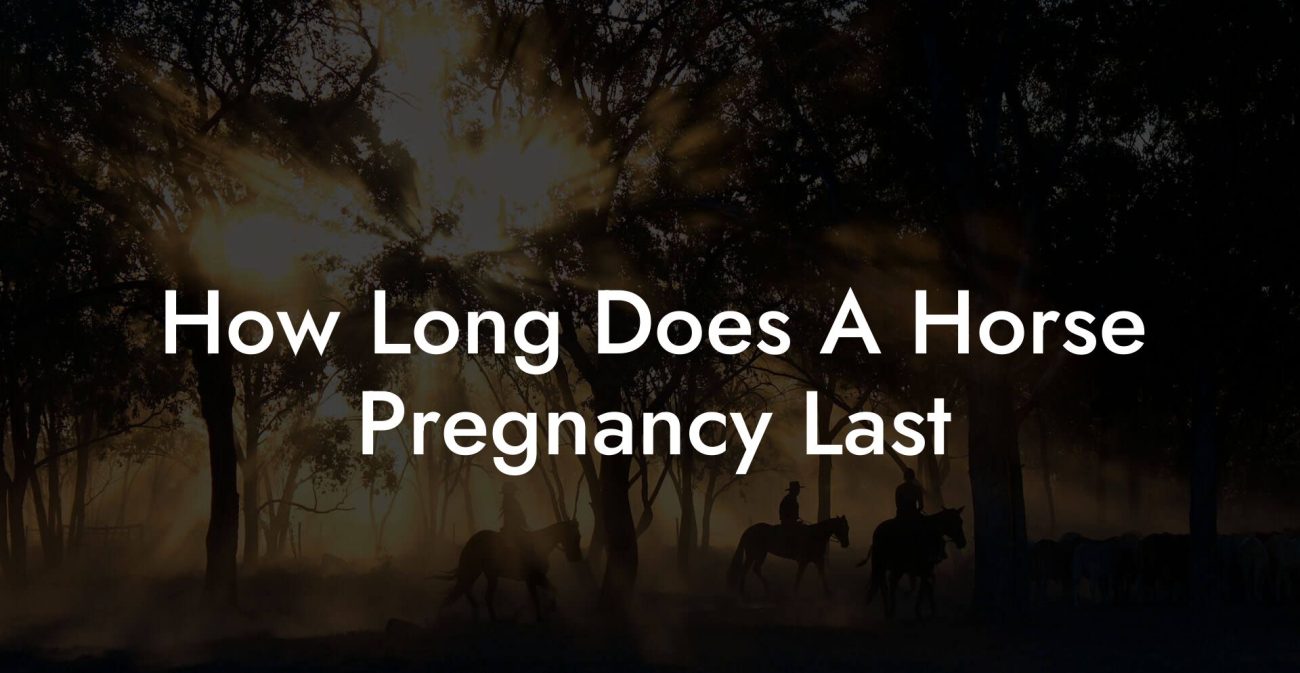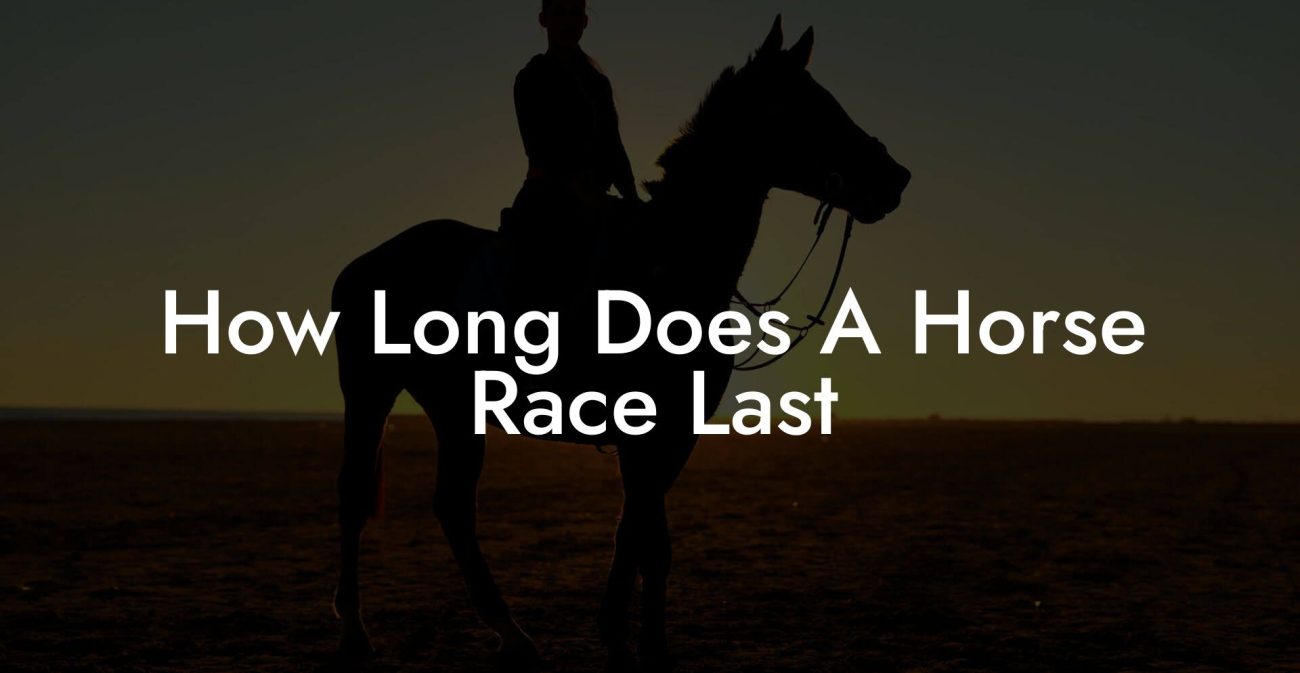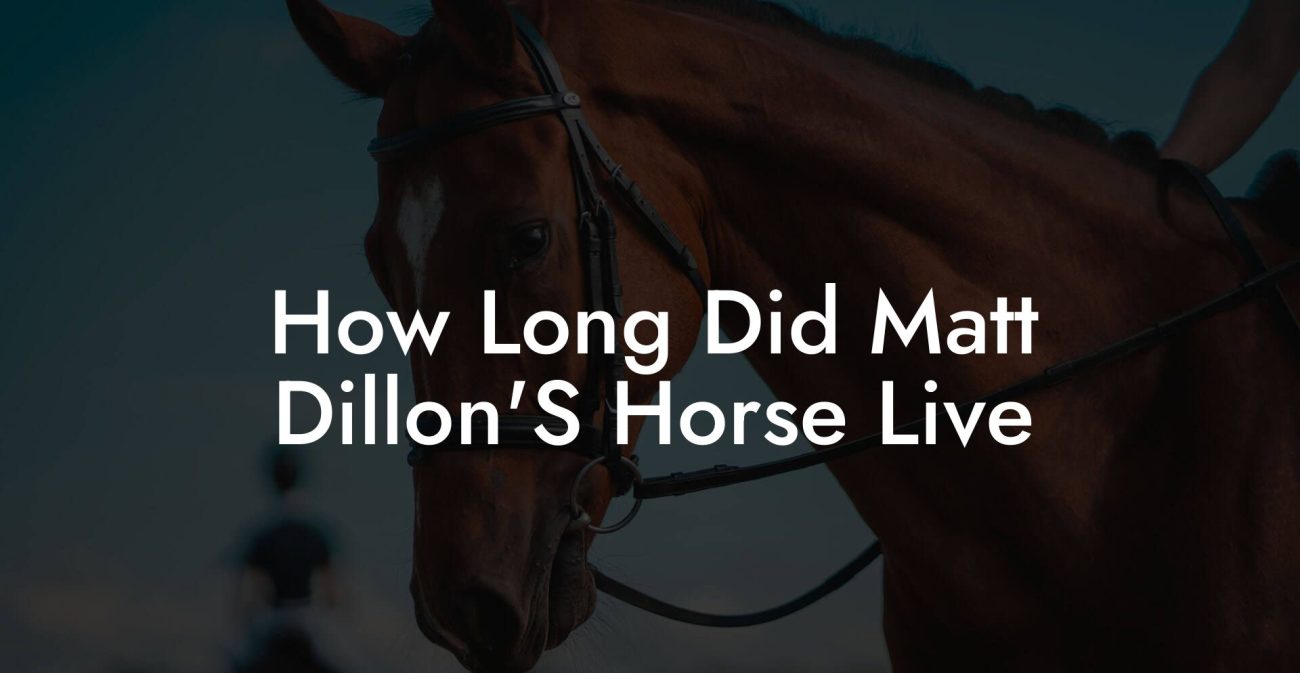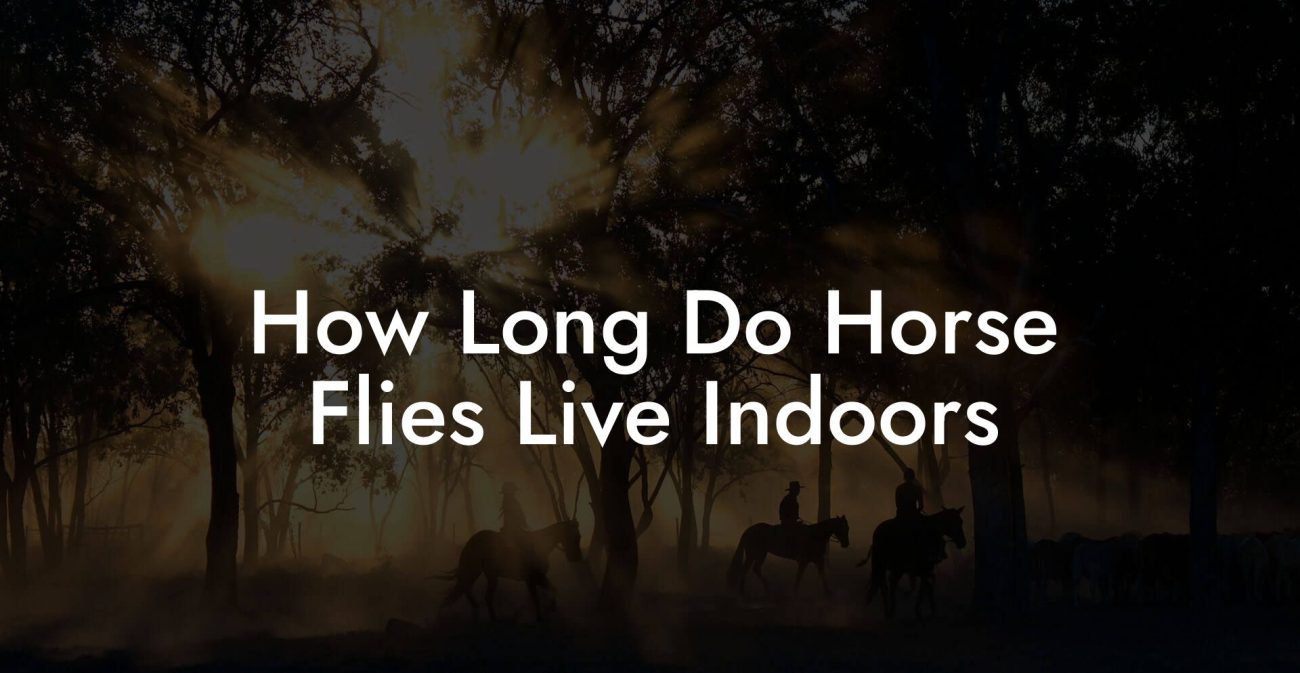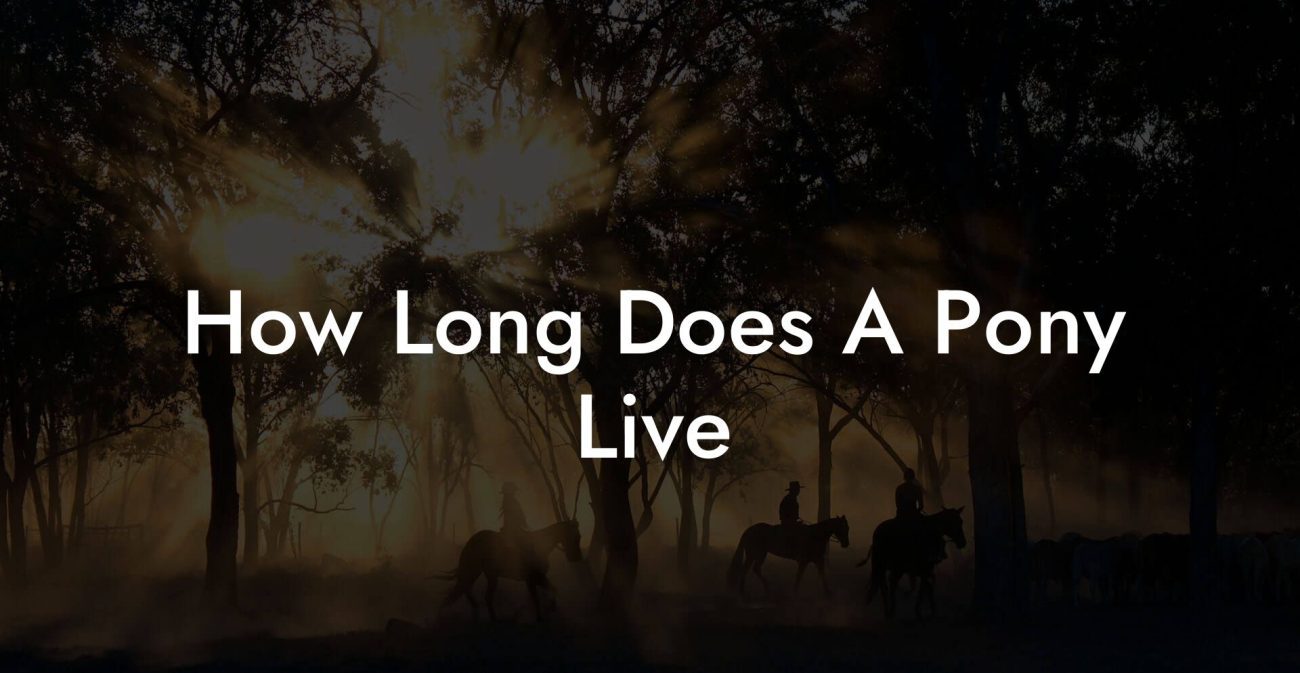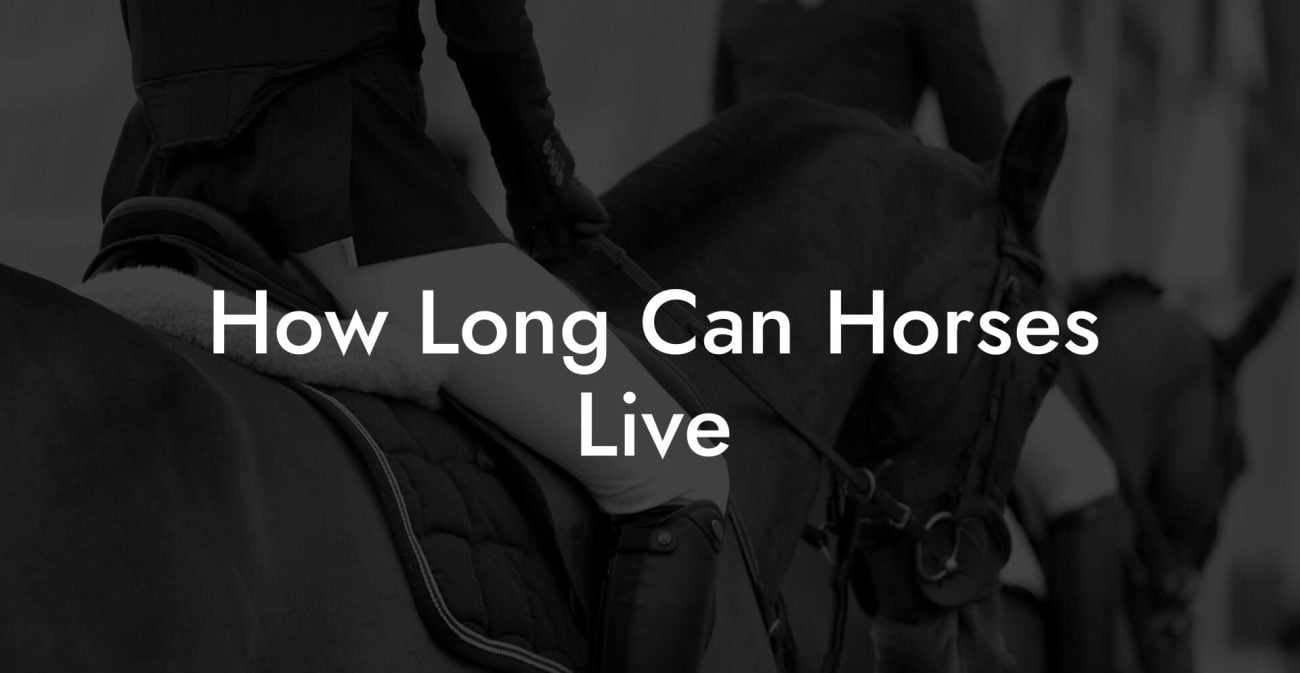Horse owners know that the happiness and overall well-being of their animals are vital in maintaining a healthy, well-balanced life. One of the main aspects that contribute to a horse's health is its belly, and a low belly may cause some concern among owners. In this article, we will explore what causes a horse to have a low belly, how to prevent it, and tips to ensure your horse remains happy and healthy in an engaging and informative manner.
Horse Low Belly Table of Contents
A low belly, also known as a sagging stomach, in horses may be attributed to several factors. Some of those factors may include age, diet, exercise regimen, medical conditions, and pregnancy. It is essential to understand these factors to address the issue effectively and maintain your horse's health accurately.
1. Age: As horses age, the elasticity in their skin naturally decreases. This can cause the belly to appear lower, especially in older horses, as the muscles lose their tone.
2. Diet: A poor or imbalanced diet may lead to a low belly in horses. Overfeeding can cause weight gain, which could significantly contribute to a sagging stomach. Conversely, underfeeding your horse could lead to a loss of muscle mass, which also affects the belly's appearance.
3. Exercise regimen: Just like humans, horses need regular exercise to maintain their overall health and well-being. A lack of exercise can lead to a loss of muscle tone, resulting in a low belly.
4. Medical conditions: Certain medical conditions, such as worms or parasites, may cause your horse to develop a low belly. Worms and parasites can lead to an unhealthy amount of weight loss, which may contribute to a sagging stomach.
5. Pregnancy: Mares often experience a noticeable change in their belly when pregnant. As the foal grows, the mare's belly will naturally appear to be lower.
Horse Low Belly Example
Imagine you have a seven-year-old mare that you recently noticed has developed a low belly. Upon closer inspection, you find that the horse has a poor diet and lacks a proper exercise regimen. To address the low belly issue, begin by consulting with your veterinarian on an appropriate balanced diet that meets your horse's nutritional needs. Implement a consistent exercise program, such as groundwork exercises, lunging, or trail riding, to help your horse develop and maintain muscle tone. Over time, you should notice an improvement in the horse's overall appearance.
In conclusion, a horse's low belly can be caused by various factors, from age to medical conditions. It's essential to accurately pinpoint the cause and implement the necessary preventative measures to ensure your horse remains happy and healthy. Regular check-ups with your veterinarian, maintaining a balanced diet, and sticking to a consistent exercise regimen are all crucial in preventing a low belly. We hope this article has provided insights and practical tips on maintaining your horse's health and preventing a low belly. If you find this post helpful and informative, we encourage you to share it with fellow horse enthusiasts and explore other helpful guides on How to Own a Horse. Remember, keeping our equine companions healthy is a vital responsibility for all horse owners.
Meta Description
Discover the causes of a horse's low belly, preventative measures, and helpful tips to ensure your horse's health and happiness with our informative guide. Keep your equine companion in top shape with How to Own a Horse.

